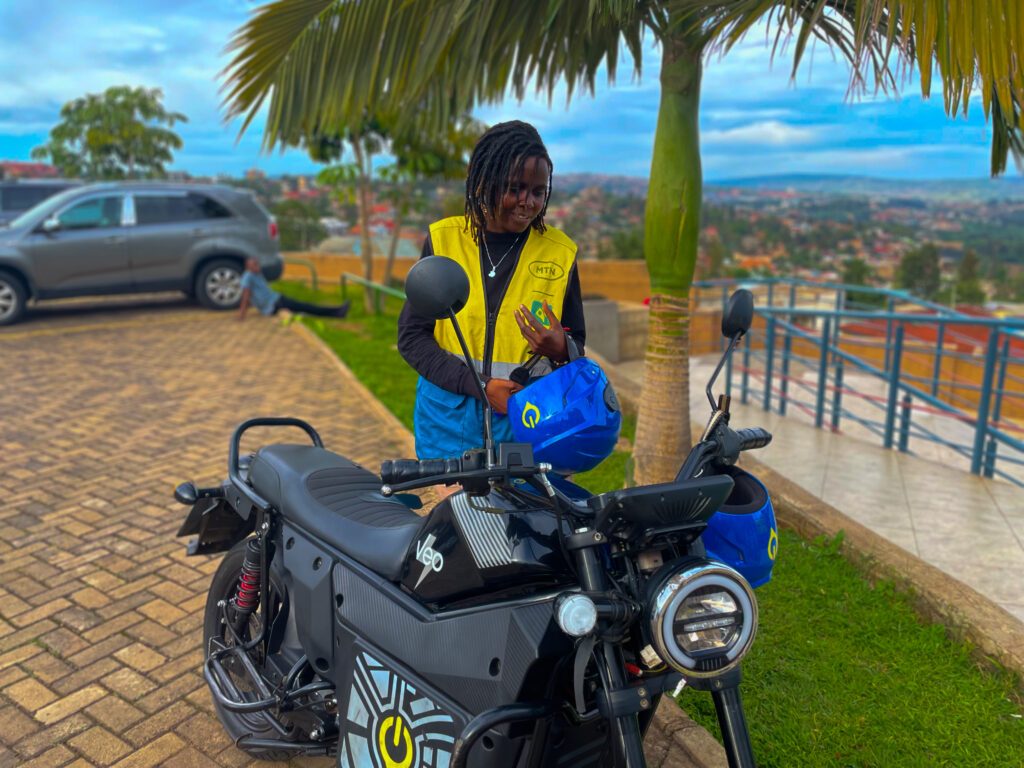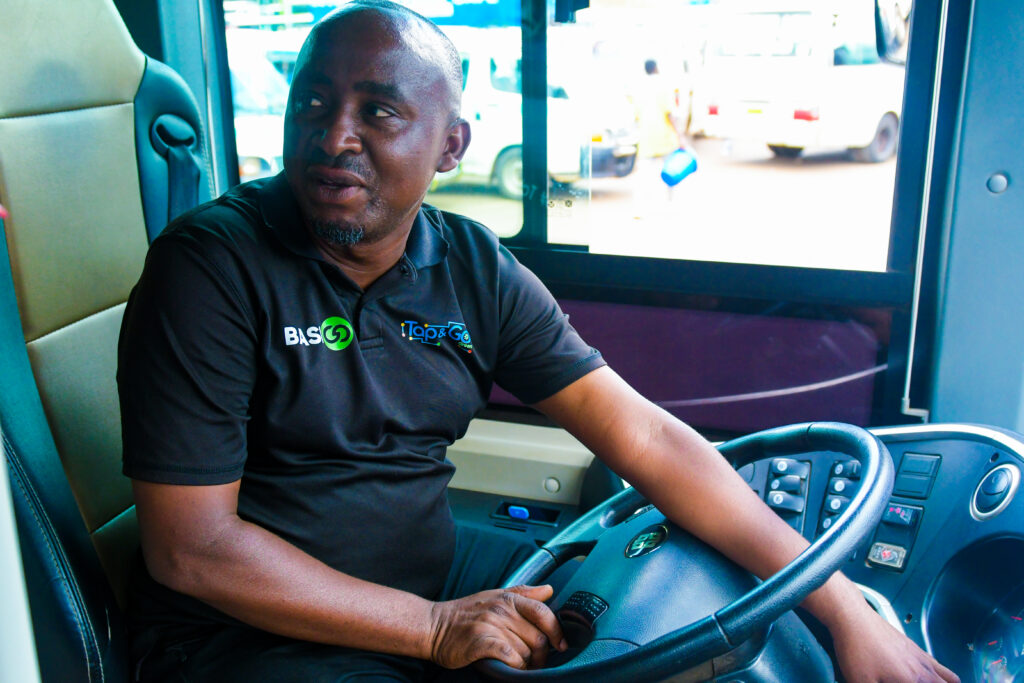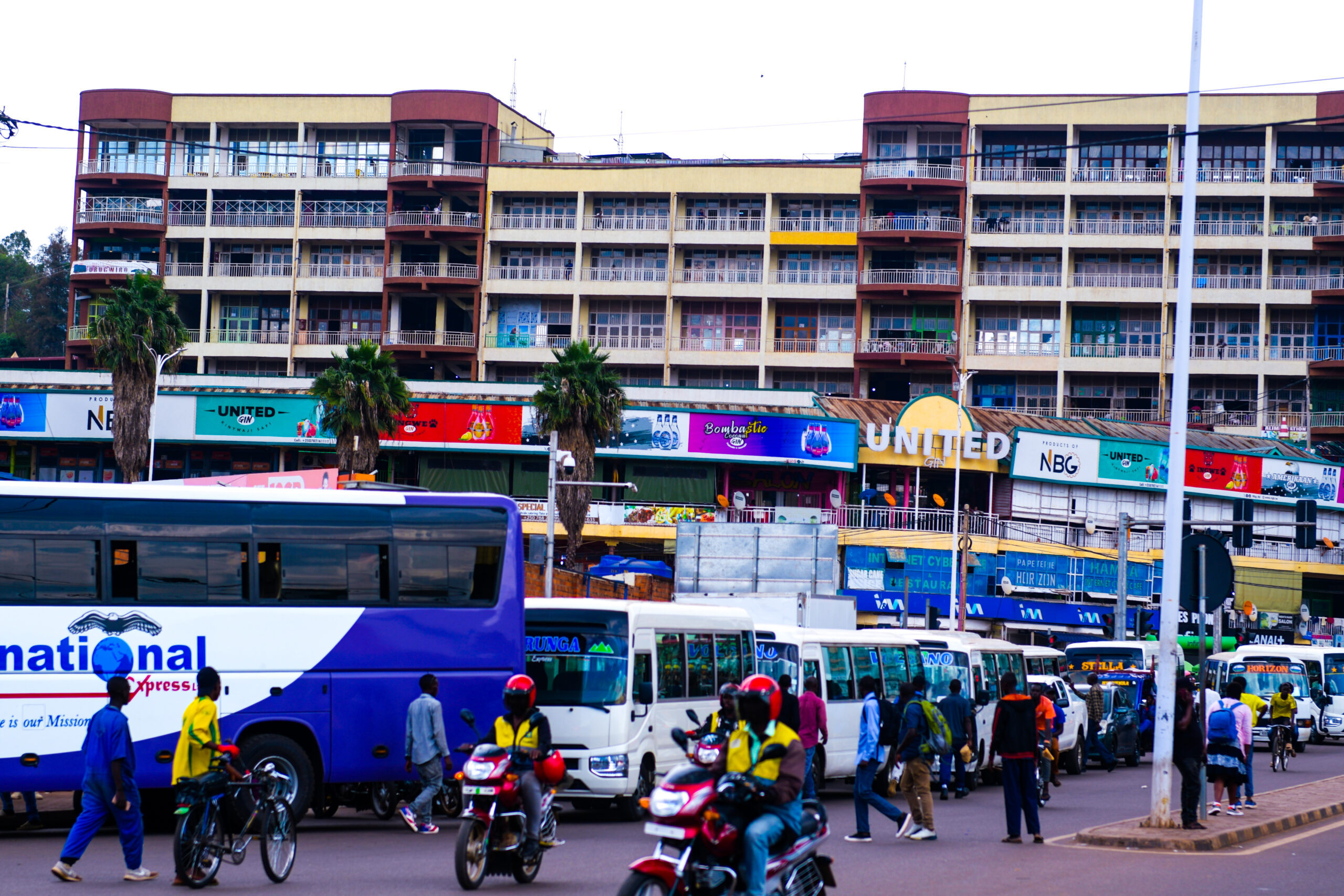Electric vehicles in Rwanda pave the way for rider-entrepreneurs and sustainable transport.
Motos – local lingo for motorbike taxis – are ubiquitous and a common sight in Rwanda, as they are in the rest of East Africa. A crucial lifeline of the economy, they mostly transport commuters and informal workers to and from work.
Blanche Dusengimana is also a contributor to this elaborate network of bikers, ferrying passengers, but on a Spiro, or an electric bike – another sign of the country’s march to embrace innovation in every way.
“I have always been passionate about motorbikes,” says Dusengimana, to FORBES AFRICA. For a year now, she has been a familiar sight on Kigali’s roads during rush hour. Her days start bright and early, as she sets out of her home with her keys, two helmets and signature Spiro rider bib. It’s 8PM by the time she is home again, when she would have served atleast 20 passengers on her daily drill. But this is what she has always wanted to do.

On the other side of town, a 20-minute drive away, 34-year-old rider Sekanabo Ignace, who is up from 5AM every day, puts the pedal to the metal to take a majority of his passengers to the markets to buy fresh produce.
Loading...
Ignace tells FORBES AFRICA that the 15 years that he has been commuting people, he has always taken to the transport business like an entrepreneur – he gets to control his hours, knows which routes work best and, like Dusengimana, is deeply empowered and passionate about what he does.
Both riders own Spiro electric bikes, transporting about 2025 passengers every day and reaching around 200km, on average.
Part of the country’s Green Growth and Climate Resilience Strategy (GGCRS), Rwanda has invested in building efficient and resilient transport systems in the last decade. The conversion from fuel motors to electric vehicles is a key part of driving down emissions.
Spiro and Ampersand, both electric vehicle (EV) and transport companies in Africa, have fleets across Rwanda to not only assist the government with its sustainability mission but also empower riders in the country.

“Electric motorcycle drivers earn 45% more than with petrol bikes due to fuel and maintenance savings,” Ampersand states on its website. “They save 40% a year on fuel. The income they generate typically supports 4.6 people on average in Rwanda.”
Kaushik Burman, co-CEO of Spiro, says to FORBES AFRICA: “We’re focused on reducing emissions and supporting clean energy initiatives, aligning with Rwanda’s green growth strategy.”
“[But also] we don’t just hand over the keys and wave riders off. We are committed to supporting our riders with training that covers safety, vehicle maintenance, and smart battery use… It’s about setting our riders up for long-term success and helping them grow their careers. We’re here to make sure they feel supported, safe, and capable, no matter where their journey takes them. It’s a partnership that’s about more than just business — it’s about being a part of the country’s sustainable future.”
With a ‘time is money’ mentality, EV companies are also addressing financial inclusion in addition to digital transformation.
The EV bikes use batteries that take up to four hours to be charged. Instead of waiting for a battery to charge, at the battery-swapping stations that have been deployed, riders can use their MTN Mobile Money (MoMo) virtual card tap-and-go system, swap or exchange their empty batteries for a fully-charged one, and be back on the road in seconds.
“This saves so much time and money for the riders,” Burman adds. “One of the things I love about our tap-and-go payment system
is how it brings more people into the financial ecosystem. Accessibility and affordability are both an essential part of our plans for growth and development. For riders, especially women and those who might not have easy access to traditional banking, this technology is a game changer.”
To this end, and to ensure that riders can become part of the business, asset fintech company Watu assists potential drivers with the down payment of the bikes if they wish to become riders.
“These investments allow us to support the development of EV infrastructure and innovation while staying closely connected to the unique needs of the communities we serve,” Andris Kaneps, CEO at Watu Credit, tells FORBES AFRICA.

“For instance, in Rwanda, we decided to finance electric motor- bikes exclusively, anticipating government policies favoring sustainable transportation.”
In Kigali, the uptake of EVs is not only massive but is also thriving. From the moment you leave the international airport precincts into the city, the roads are bombarded by swarms of motorbikes and ebikes with riders and pillion-riders.
Buses are also making the move from fuel to electric. In Kigali, leading the charge is bus company, BasiGo.
Responding to Rwanda’s urgent need to rev up public transport, BasiGo recognized that the surging cost of diesel was making it challenging for operators to expand their fleets.
BasiGo introduced bus operators and passengers to the R10 Rumuri in December 2023. It’s reportedly Kigali’s first 100% electric bus.
In a bustling and buzzing part of Kigali, Nyabugogo’s main bus park is home to hundreds of these buses. FORBES AFRICA meets up with BasiGo driver, Rachidi Rutayisire, who has been driving buses for about 15 years, but since the launch of BasiGo, has only driven electric buses and says it has been life-changing.
“I can never go back to petrol,” he laughs from behind his steering wheel. It is 3PM and he is preparing to drive his passengers home, but he is also saving time as he does not need to wait long hours to fuel up. “Do you know how much lighter and easier it is to ride this bus? I also now don’t have to go to the petrol stations. If any of my two batteries go flat, I just go to the battery-swapping stations,” he gushes. Come evening, it’s all in a day’s work as the people head home, the bikes and buses wind down and the city rumbles to a stop – until the next morning, when the engines of the economy will roar again.
Loading...
